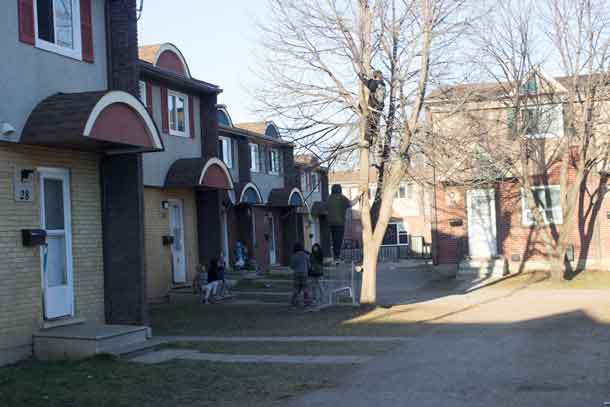
OTTAWA, ON – Canadian communities are not doing enough to make sure people feel like they belong, says a new national report by Community Foundations of Canada. The publication, called Vital Signs, looks at the many ways that community-level systems affect people’s sense of inclusion.
Affordable housing, employment opportunities, and public safety surfaced as the top three things Canadians say make a community a good place to live. Yet rising housing costs, economic inequality, and a lack of faith in public institutions are creating systemic barriers to belonging, most notably for newcomers, visible minorities, and Indigenous Peoples.
The report cites poor housing in low-income neighbourhoods and housing systems in Indigenous communities that are emblematic of colonization as challenges to inclusivity. It also looks at an economic system that is leading to more wealth inequality and disparities in employment and income opportunities for those on the margins. Unemployment rates and earnings of newcomers have worsened over the last 30 years, while visible minorities earn only 80% of the average Canadian’s salary. For Indigenous Peoples that number drops to less than three-quarters of the average salary.
Security is essential for belonging too. Crime is on the decline in Canada and most people feel safe where they live, however systemic racism and a lack of public services that are culturally safe still leave many without a sense of security. More than one in five Canadians report being a victim of discrimination in the last five years. Meanwhile visible minorities and Indigenous Peoples both have less faith in public services such as police to protect them.
“In the next 20 years, our communities will become even more diverse meaning that we have to do a better job to ensure everyone feels like they belong,” says Andrew Chunilall, CEO of Community Foundations of Canada. “When we have a housing system that is unaffordable for the average family or an economic system that doesn’t offer equal opportunity, even people with the strongest connections to Canada can feel isolated. In designing communities for the future, we can’t get caught in old ways of thinking that have left so many people behind.”
“On their own, access to affordable housing, feeling safe in your neighbourhood and having opportunities for meaningful employment aren’t enough to build a sense of belonging. But when we weave these things together with other aspects of community – like participation in a thriving local arts scene or getting a library card – we can begin to foster a stronger sense of belonging,” says Lee Rose, Director of Community Knowledge and national Vital Signs lead.
The 2017 national Vital Signs report is the third in a multi-year series focused on belonging, which has become an area of strategic focus for Community Foundations of Canada and many community foundations across the country. This year 39 communities in Canada and another 28 in other parts of the world are engaged in the Vital Signs program which aims to inspire civic engagement and provide a focus for public debate.
